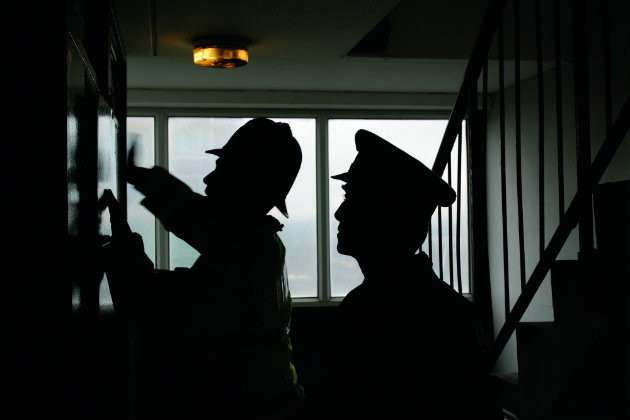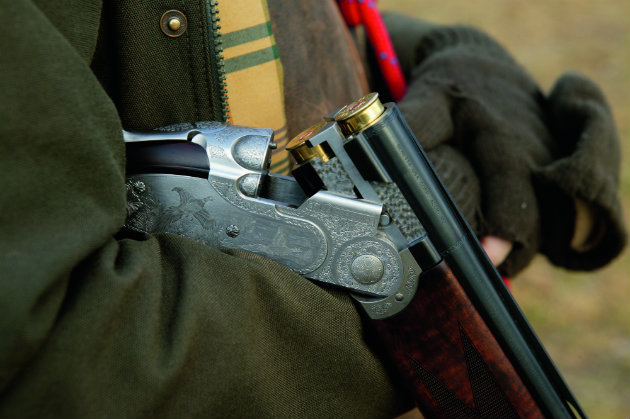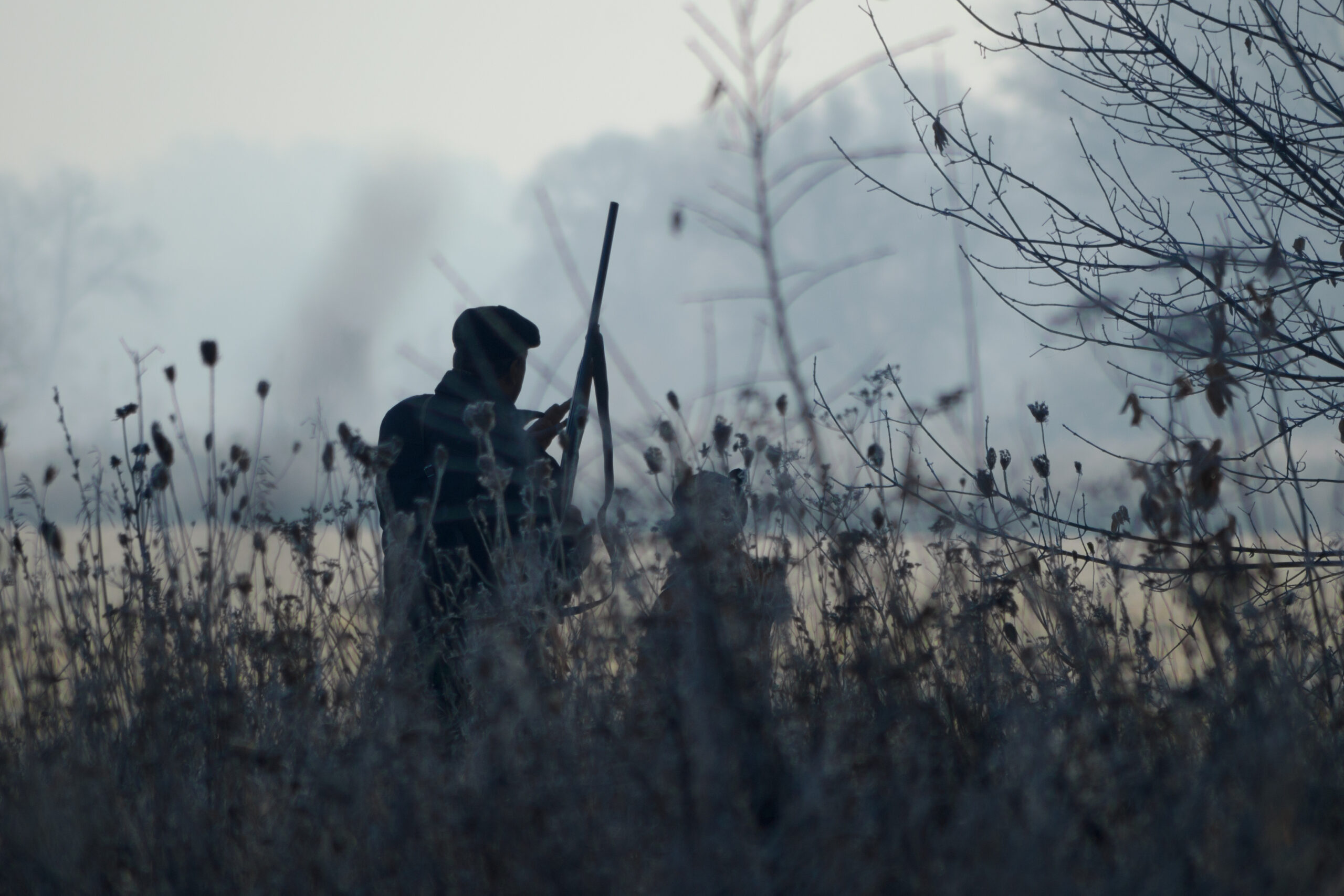Firearms licensing 2015: the saints and sinners
David Frost leafs through the 2015 review of firearms licensing in England and Wales and finds many police forces are still failing shooters

A government report has found that competence of police licensing teams varies widely
In May 2013 the National Police Chiefs’ Council (NPCC, but then called ACPO) asked Her Majesty’s Inspectorate of Constabulary (HMIC) to undertake an inspection of firearms licensing in English and Welsh police forces. Given the timing of the request, there is little doubt it was heavily influenced by a series of articles in 2011 and 2012 in Shooting Times and its sister magazine Sporting Gun. The articles were based on Freedom of Information requests and readers’ experiences. They revealed serious and long-standing defects in the licensing system.
HMIC had previously carried out similar inspections in 1993 and 2002, and both revealed important shortcomings. It is therefore particularly disappointing to read in the 2015 report that “lessons from the past have not always been learnt” and “forces have done little to implement changes independently”. That’s a polite way of saying that the police do not seem to care how well they do the job.
HMIC takes a sideswipe at “the overarching police group that has responsibility for firearms policy”. I assume that is the NPCC’s Firearms and Explosives Licensing Working Group (FELWG). FELWG consists almost entirely of police representatives and there is nobody to represent directly the views of the user. Its minutes are on the NPCC website and reveal a total lack of an “are we doing the job properly?” culture.

An HMIC map showing the country’s 43 police forces – only 28 consult application referees
For the inspection, HMIC visited 11 forces and sought information from the remaining 32 in England and Wales. There isn’t space to look in detail at how each force performed, but there are some saints and sinners worthy of mention.
Certificate holders expect a prompt and efficient service when they apply for a new certificate or renewal of an existing one. If you want a good service move to the City of London, whose turnaround times are vastly better than anyone else’s. Mind you, they only have a few dozen certificate holders and you’d be hard put to afford to live there. Other good forces, based on turnaround times, are Norfolk and Suffolk (who share the same licensing team); Hertfordshire (strangely better than Bedfordshire with whom it shares a team); Sussex and Wiltshire.
The poor performance league
If you want a lousy service, though, move to Essex. They averaged 165 days to grant a new shotgun certificate (SGC) and 80 days to renew one. Only Durham, at 100 days, took longer over renewals and were the sixth slowest on grants. Second overall in the poor performance league was Hampshire. When it comes to firearm certificates (FAC) Essex still tops the league for poor performance, but Gloucestershire pushes Hampshire into third place. Durham is 15th here, but still takes longer than the average of all forces.
Essex and Durham are on the Home Office working group looking into greater medical involvement in the licensing process. They’d be better off spending the time putting their own houses in order.
Also worthy of mention are Warwickshire and West Mercia, which share a licensing team. They’re fourth and fifth worst in the FAC league and eighth and ninth in the SGC league, but always worse than the average.
In 2011 West Mercia failed to renew 4,967 certificates on time and thus colluded in owners being in unlawful possession of their guns
As part of the recovery process, they set up an independent advisory group consisting of local shooters, a BASC representative and me. Our advice was frank but fair, but not popular, so they restructured the advisory group in such a way that BASC and I were excluded.
Character assessment
Turnaround times are not the only important yardstick. The licensing service must be robust enough to ensure the good guys get certificates and the bad ones don’t. Establishing good reason is usually a simple matter of fact. Deciding whether or not someone is a threat to public safety or the peace is a character assessment issue with input from local intelligence.
Referees form part of the process but only 28 forces consult them over SGC and FAC grants. Only 18 do so for FAC renewals and 15 for SGC renewals. Why are referees so seldom consulted? Home visits can be an important part of the character assessment process as well as providing the opportunity to inspect security arrangements. All 43 forces make a home visit on grant of both FAC and SGC. Thirty- two do so for FAC renewals and 23 for SGC renewals. Provided the decision not to visit on renewal is taken on a risk-assessed basis, I see no problem, but that’s not how all forces work.
Security inspections
In the autumn of 2014 the NPCC sought Home Office approval to conduct unannounced security inspections. This was sold to the shooting organisations on the grounds of national safety lest organised criminals or jihadis stole and used lawfully held guns. The police had declared open season on the shooting community. Visits were supposed to be intelligence led but at least one force declared its intention to do dip sampling.
During a three-month campaign 1,254 visits were made but only 107 (8.5 per cent) security issues were found. Just 28 (2.2 per cent) certificates were revoked. For a supposedly intelligence-led campaign those are appalling figures. The figures used by the police for stolen guns are unreliable because a sound moderator is counted as a separate firearm from the rifle to which it is attached.
Firearms licensing lapses are “inexcusable”, says HMIC
Many police forces are not implementing firearms licensing systems consistently, putting the public at risk, according to a report published…
What are the latest waiting times for shotgun and firearm certificates?
Just how long does it take to receive or renew a shotgun licence or firearms certificate these days? BASC recently…
Moreover, according to the National Ballistic Intelligence Service, the use of stolen firearms in crime is extremely rare. Criminals don’t want our rifles and shotguns. They want guns like the nine Scorpion sub-machine guns and 22 assault rifles intercepted by Kent police in August 2015. Flying in the face of this evidence HMIC wants the police to have a statutory right to enter and inspect security. A recurrent theme in all the HMIC inspections has been the failure of the police to follow the Home Office guidelines. The guidance isn’t perfect, but it’s fair to say that most problems experienced by certificate holders would disappear if all forces followed it closely. More recently the College of Policing has issued an Approved Professional Practice, which licensing departments are supposed to follow, but many don’t.
Lack of training
Training is another major shortcoming because there is no approved training for licensing staff, despite earlier HMIC recommendations. Dorset police runs a course from time to time, but it is not accredited. Several forces have never sent anyone to it and across the licensing system as a whole less than a third of staff have attended. Poorly trained staff take longer to do the job and make more mistakes.
This is just a quick glimpse of what is in the HMIC report. On the whole it is fair and balanced. Unlike previous reports, it names individual forces that have done well or badly, so there’s no doubt where the problems lie. It has made 18 recommendations mainly to the police but some to the Home Office and identified specific timescales in which action is to be taken. This makes the report a much more useful tool than its predecessors. It will now be possible to keep a watch on what progress is being made.
David Frost is the author of Sporting Shooting and the Law: A User’s Guide to the Firearms Acts 1968-1997 and Other Legislation Affecting Sporting Shooting the 11th edition (NGO, 2014).










